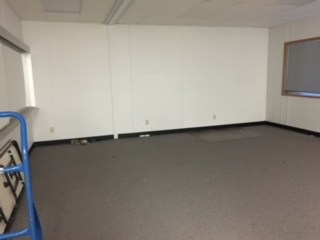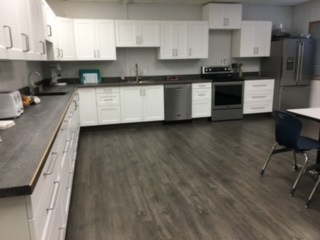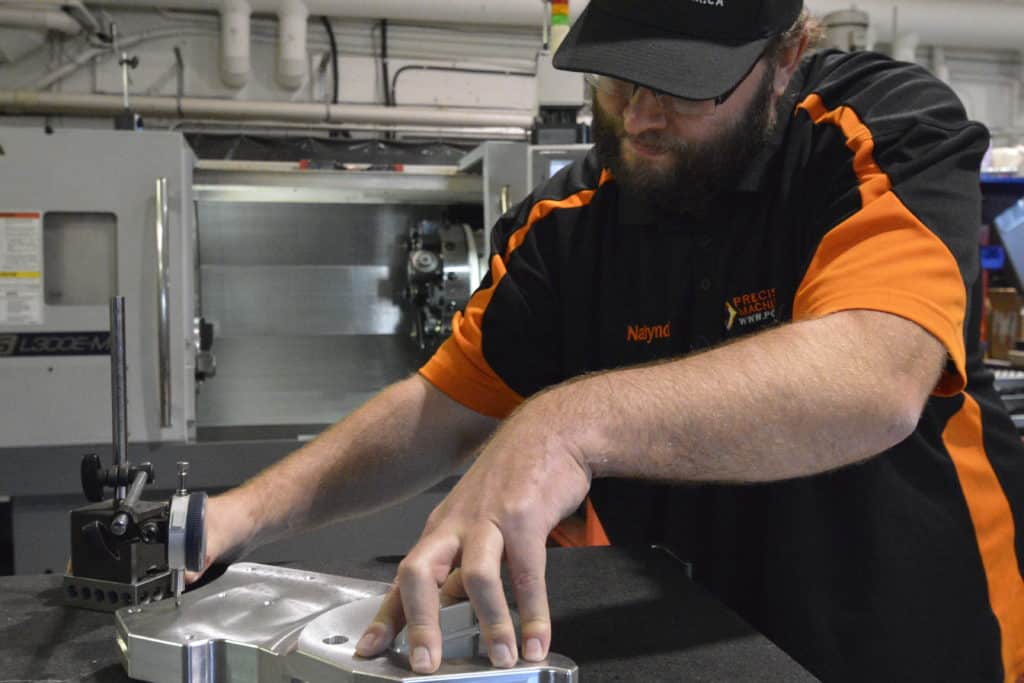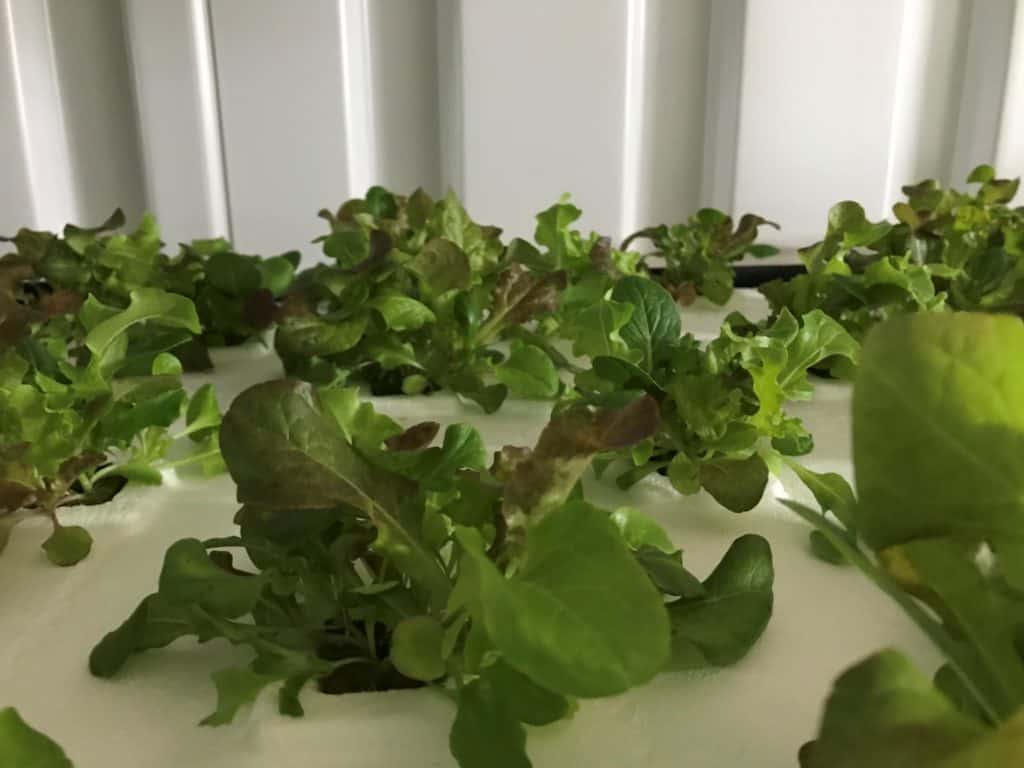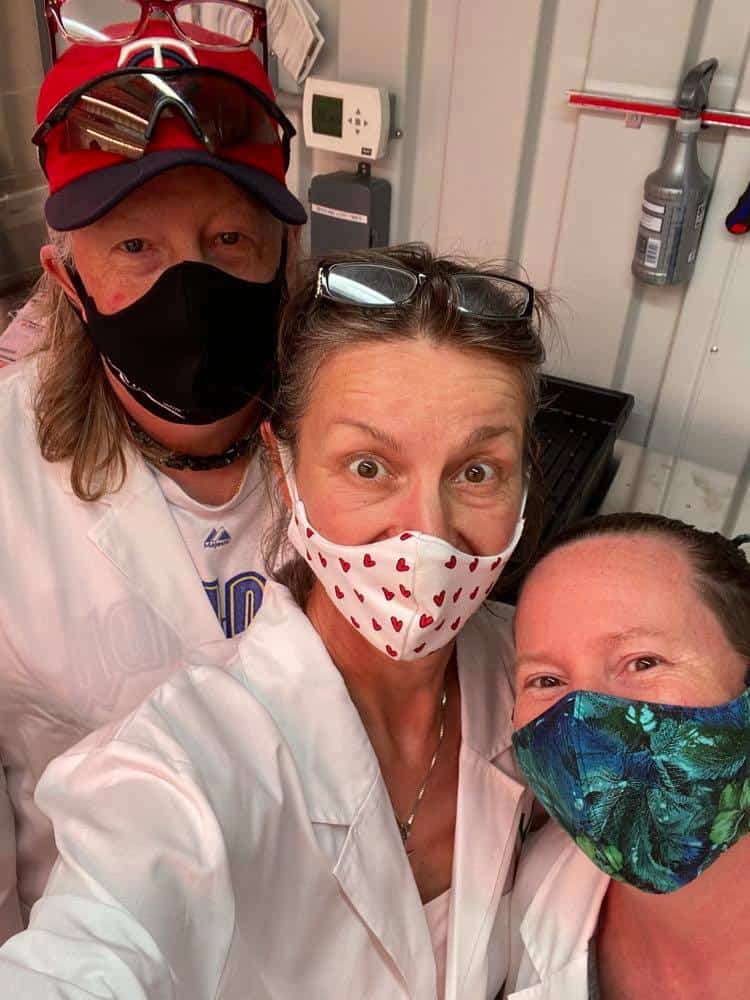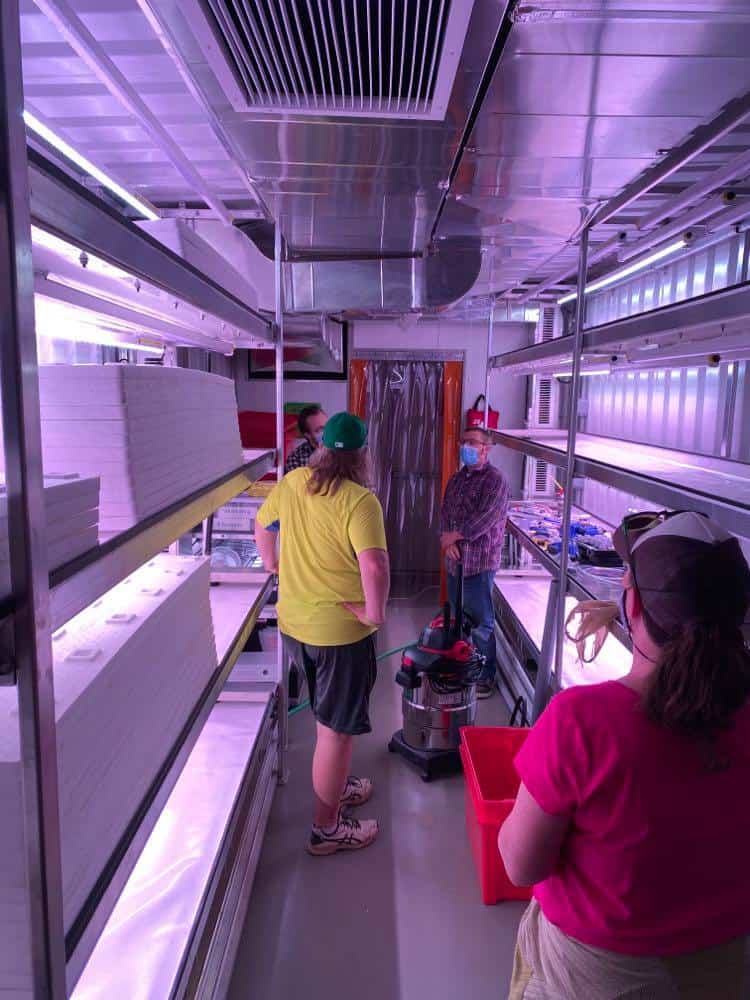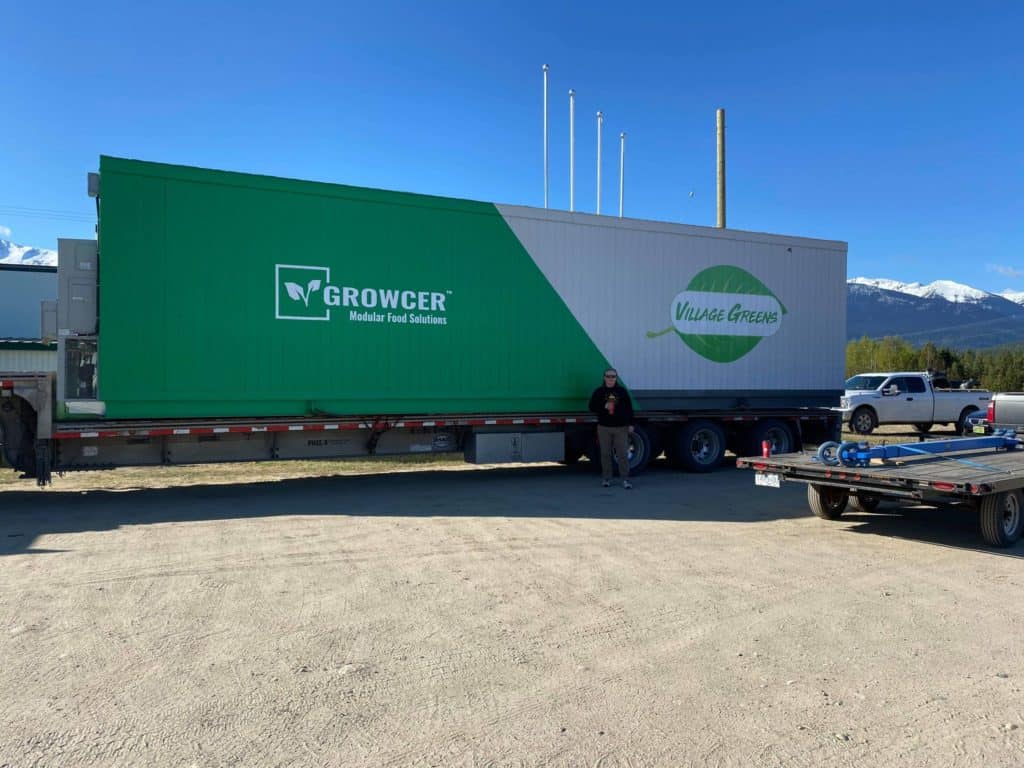
In 2021, four Takla First Nation youth began participating in an Indigenous guide outfitting apprenticeship program developed by Michael Schneider, owner of Driftwood Valley Outfitters, in consultation with Takla Nation with financial support from Northern Development. While the COVID-19 pandemic changed how the program was delivered, Schneider was able to adapt and still provide a quality learning experience.
“We had lots of plans for people to come and things to be taught, but that did not happen,” explained Schneider. “We had to adjust and postpone some of the things. On the flip side, that has given us the ability to spend a lot of one-on-one time with the kids. They got to know us more, without interference from tourists or clients. I think we have a positive from that because it provided us with a really good base. Once clients come, the students know more about what to expect and what is expected of them.”
This unique learning opportunity provides students with face-to-face teaching time with Takla Nation elders and knowledge keepers. Participants also receive the option to earn industry certifications, including first aid, assistant hunting guide certification, pleasure craft operator card, Foodsafe, Conservation and Outdoor Recreation Education (CORE) and Possession and Acquisition License (PAL).
“I think the biggest change about myself is my attitude and the respect I have with other people,” said Desmond West, student. “I improved on learning how to trap, snare and being more active. I really like being out in the bush more.”

Takla Nation has purchased a guide certificate within their traditional territory and are interested in others on their territory as a future revenue stream. Once the students have graduated through the apprenticeship program, Takla Nation will have increased internal capacity to operate a guiding business while providing employment for members.
“There are so many different careers that branch off from the outfitting business that you could enter into if you wanted to,” said Schneider. “This has so much potential to be so many different things. It’s good for the kids to be out here trapping.”
The value of guide outfitting in B.C.’s tourism industry is considerable – it creates over 2,500 jobs and contributes a gross domestic product (GDP) of $192 million. More than 30 First Nations own guide territories in the province, but some need trained community members to join the business to help the outfitter to reach their full potential.
The apprenticeship program will benefit Takla Nation by providing new revenue opportunities and creating quality jobs for its members that allow them to incorporate their Indigenous knowledge and experience into the outfitting business. If the students choose not to participate in guide outfitting after high school graduation, the skills they learned and certificates they earned will be transferrable to an array of other industries.
“The program has done a lot for me,” said Pierre Charlie, student. “We get to do a bunch of stuff in the program, now I love winter. We are doing a lot of fun stuff, we are trapping, we are spending time together and trying to make a change.”
